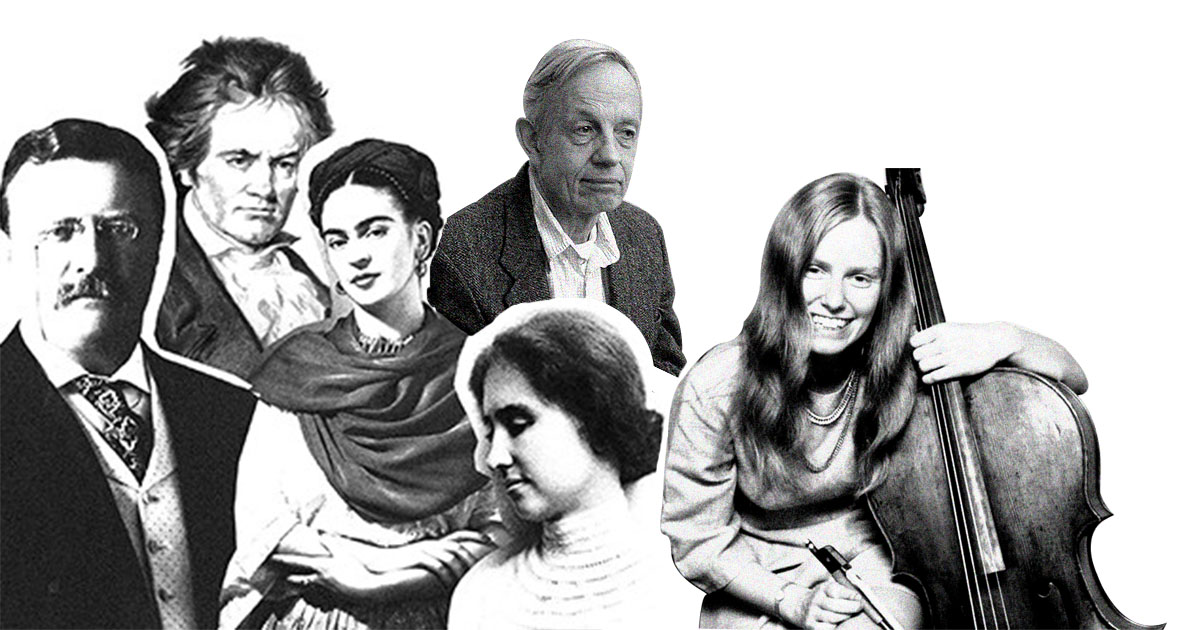History remembers those who changed the world one way or the other. Anyone from artists to world leaders will be remembered for the impact they have created. Sadly, sometimes during the documentation of those people’s lives, personal, extremely human details that made them who they were, are either forgotten or overlooked.
Many artists, academics, politicians and scientists had to go through severe challenges, from physical disabilities to psychological ailments that the world sometimes chooses to ignore. Only their accomplishments are remembered, although those accomplishments either happened despite of or because of the challenges they faced. When those people’s personal struggles are put into the equation, the magnitude of their achievement and the inspiration it evokes only grows.
The first thing that comes to mind when this issue is in question is the typical tortured soul of an artist. There are many examples of artists who brought forth some of the most moving paintings, music and literature, as they went through physical, emotional and psychological pain.
Jacqueline Du Pre:
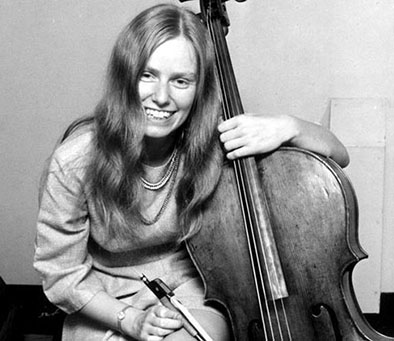
A British cellist most famous for her rendition of the Elgar cello concerto, was diagnosed with Multiple Sclerosis when she was 28 years old. The disease caused a steady neurologic decline which affected her ability to play the cello. Her last concerts in 1973 received mostly bad reviews although she was recognized and praised since the age of 16. Her rendition of the Elgar cello concerto was recorded with EMI and never went out of print and until today remains probably the most celebrated rendition of the concerto. She died at the age of 42 as the disease progressed but her legacy has never been forgotten.
Frida Kahlo
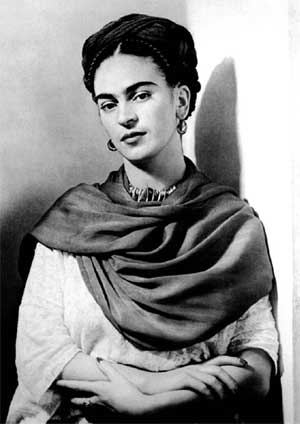
She was a bright example of an artist whose great physical pain never stopped her from becoming legendary but may have actually contributed to it. Born with Polio, and then suffering the severe aftermath of a bus accident, Frida’s physical pain accompanied her for the majority of her life and manifested itself in her colorful, heart-wrenchingly beautiful paintings.
Theodore Roosevelt
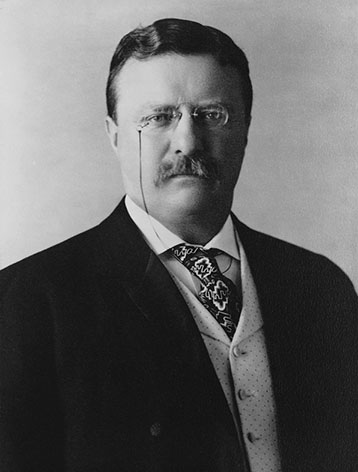
The 26th President of the United States, known for winning the Nobel Peace Prize, being a war hero and having the Teddy Bear named after him! Roosevelt was prone to epileptic seizures, had asthma and polio, which prevented him from being able to walk without assistance. The man consistently tried to hide this fact from the American public. Now, he is always described as one of the best presidents to have ever ruled the US.
Epilepsy, which Roosevelt suffered from, seems to be quite common for many great historical figures. Napoleon, Julius Caesar, Isaac Newton, Agatha Christie, Edgar Allen Poe, Socrates and many more who went on to change the world, were diagnosed with epilepsy. Even Alexander the Great is rumored to have had it but there is no way to tell for sure as his mummy has never been found.
John Nash
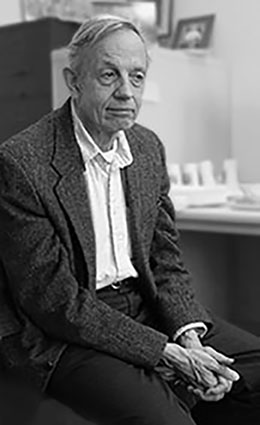
He was diagnosed of paranoid schizophrenia didn’t stop him from being one of the greatest mathematicians of all time and going on to win the Nobel Prize.
Helen Keller
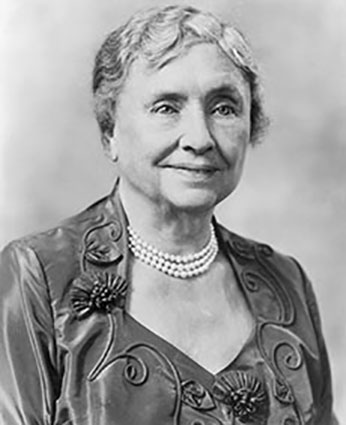
She was blind, deaf and mute since infancy and has gone on to be a lecturer, author and a politically-active, outspoken member in the Socialist Party of America.
Ludwig Van Beethoven:
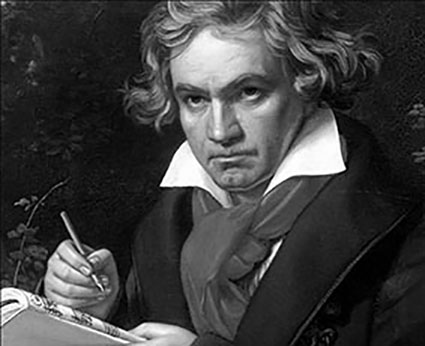
He was deaf when he wrote his 9th Symphony.
Those people’s experiences aren’t always about triumphing over their challenges; many times their challenges went hand in hand with their accomplishments. Their challenges weren’t always an obstacle in their ways, they made them who they were. Each haunted mind, each imperfect body mentioned above changed the world somehow. This only serves as the tip of the iceberg. The list of inspirational, brilliant people who had to overcome – and sometimes succumb to – their challenges, goes on.
An artist’s suffering isn’t always physical, though. Syd Barrett’s promising musical career was cut short because he suffered from schizophrenia, as did Van Gogh – in addition to epilepsy. Kurt Cobain was bipolar. Woody Allen and Bob Dylan (amongst many more) have histories of depression.
Artists are not the only specimen of historical figures whose challenges did not stop them from achieving greatness though.

